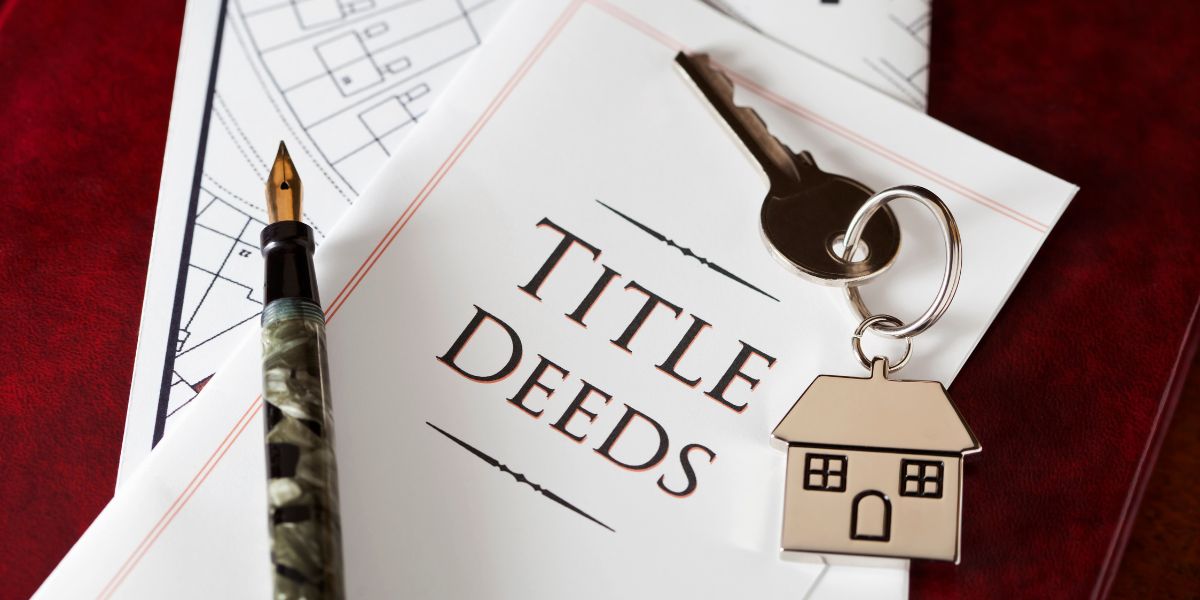What is Escrow and How Does it Affect the Selling Process?
Selling your home involves many moving parts, and escrow is one of the most critical steps in the process. For sellers, understanding escrow can make the transaction smoother and less stressful. But what exactly is escrow, and why is it so important? In simple terms, escrow is a neutral third party that holds funds and documents while ensuring all conditions of the sale are met. In this blog, we’ll break down what escrow is, why it’s essential, and how it affects your role as a seller. By the end, you’ll feel more confident navigating this crucial part of the selling process.
What is Escrow?
Escrow is a fundamental component of real estate transactions, designed to protect both buyers and sellers.
Definition of Escrow
Escrow is a neutral third party that manages and holds funds, documents, and other critical assets involved in a real estate transaction. Its primary purpose is to ensure all terms and conditions of the sales contract are met before transferring ownership of the property to the buyer and funds to the seller.
How Escrow Works
- Once the buyer and seller agree to the terms of the sale, the escrow process begins.
- The buyer typically deposits earnest money into an escrow account as a show of good faith.
- The escrow officer manages the transaction by holding funds, overseeing document exchange, and ensuring all requirements—such as inspections, title clearance, and loan approval—are satisfied.
- After all conditions are met, the funds are released to the seller, and ownership of the property transfers to the buyer.
Why Escrow is Important in Real Estate
Escrow plays a pivotal role in ensuring a secure and transparent transaction for all parties involved.
Ensures Security for Both Parties
- For the seller, escrow protects the property until the buyer fulfills all contractual obligations, such as providing full payment and securing financing.
- For the buyer, it safeguards their earnest money by ensuring it isn’t released until the seller meets their responsibilities.
Facilitates a Smooth Closing Process
- Escrow acts as a central point of coordination, ensuring that inspections, appraisals, and legal requirements are completed correctly and on time.
- This minimizes the risk of last-minute surprises or delays during closing.
Provides Accountability
- By acting as a neutral third party, escrow ensures that all contractual terms are fulfilled, holding both the buyer and seller accountable for their commitments.
Escrow not only protects your interests as a seller but also helps streamline the process, giving you peace of mind throughout the transaction.
What Sellers Should Expect During Escrow
As a seller, the escrow process involves several key steps where your participation is essential to keep the transaction moving forward smoothly.
Opening Escrow
- After the sales agreement is signed, escrow is officially opened with an escrow company or attorney, depending on your location.
- You’ll need to provide a copy of the signed purchase agreement to the escrow officer to get started.
Escrow Timeline
- The typical escrow period lasts 30-60 days, though this can vary based on the complexity of the transaction.
- During this time, the escrow officer ensures all contingencies are addressed, funds are deposited, and necessary documents are prepared for closing.
Documents and Information Sellers Provide
- You’ll be required to provide property disclosures, such as information about any known issues with the home.
- Title documents and any warranties or receipts for recent repairs or upgrades may also be requested.
- Clear and prompt communication with the escrow officer is crucial to avoid delays.
How Escrow Affects the Selling Process
The escrow process touches on several aspects of the selling process, influencing how and when key milestones are achieved.
Inspection Contingencies
- During escrow, the buyer will typically conduct a home inspection to ensure the property meets their expectations.
- Escrow holds the buyer’s funds while these contingencies are addressed, ensuring neither party is at risk until all conditions are met.
Negotiation of Repairs or Credits
- If the inspection reveals issues, the buyer may request repairs or ask for a credit at closing to cover the cost.
- As the seller, you can negotiate these requests, and any agreement will be documented and managed through escrow.
Appraisal Contingency
- The buyer’s lender will often require a home appraisal to confirm the property’s value.
- If the appraisal comes in lower than the agreed sale price, escrow may be paused while the buyer and seller negotiate adjustments.
Title Clearance
- Escrow ensures the property title is clear of liens, judgments, or other encumbrances that could hinder the sale.
- Any title issues must be resolved before closing, often requiring the seller to provide additional documentation or pay outstanding debts.
How to Prepare for a Smooth Escrow Process
Being proactive during escrow can save time and reduce stress. Here’s how sellers can prepare to keep everything on track.
Have All Documents Ready
- Gather all required paperwork, such as property disclosures, warranties, and title documents, before escrow begins.
- Being prepared can prevent delays and show the buyer you’re serious about the sale.
Respond Quickly to Requests
- Escrow officers and buyers may ask for additional information or clarification throughout the process.
- Timely responses help avoid bottlenecks and keep the transaction moving forward.
Understand Contingencies
- Review the sales agreement thoroughly to ensure you understand all contingencies, such as inspection, appraisal, or financing conditions.
- Work closely with your real estate agent and escrow officer to address any issues that arise promptly.
By staying organized and responsive, you can help facilitate a smooth escrow process, paving the way for a successful closing.
What Happens at Closing
Closing is the final step of the escrow process, where ownership officially transfers from you to the buyer. Here’s what you can expect.
Final Walkthrough
- The buyer will conduct a final walkthrough to confirm the property is in the agreed-upon condition and any requested repairs have been completed.
- Ensure the home is clean and all agreed repairs are addressed to avoid any last-minute disputes.
Signing Closing Documents
- You’ll sign a variety of legal documents, including the deed transfer and settlement statement, which outlines all financial details of the transaction.
- If applicable, you may also sign documents releasing any existing liens or mortgages on the property.
Receiving Funds
- Once all documents are signed, the escrow officer will release the buyer’s funds to you.
- Depending on your preferences, you can receive payment via check or wire transfer. Be sure to confirm details with your escrow officer to avoid delays.
After closing, the buyer takes possession of the property, and the transaction is officially complete.
Conclusion
Escrow is a critical part of the home selling process, ensuring a secure and seamless transaction for both you and the buyer. By understanding how escrow works, what to expect, and how to prepare, you can navigate this phase with confidence. From opening escrow to closing, staying organized and responsive will help avoid delays and ensure a smooth transition.
If you want to sell your home quickly, consider partnering with a knowledgeable real estate agent and an experienced escrow officer to guide you through the process. With the right team and preparation, you’ll be well on your way to a successful sale.




